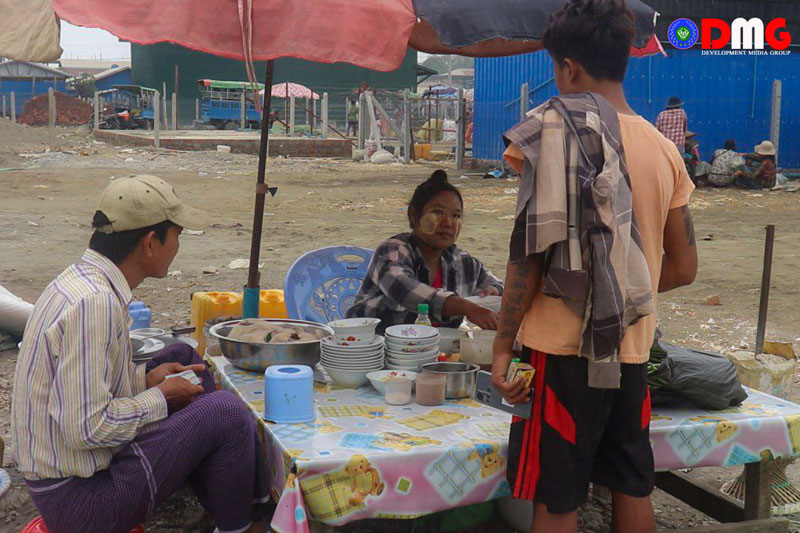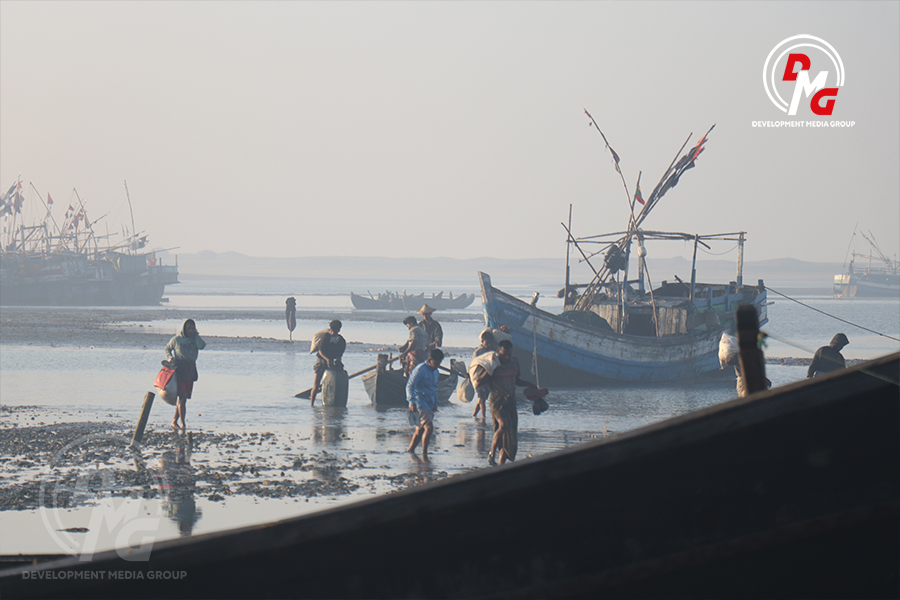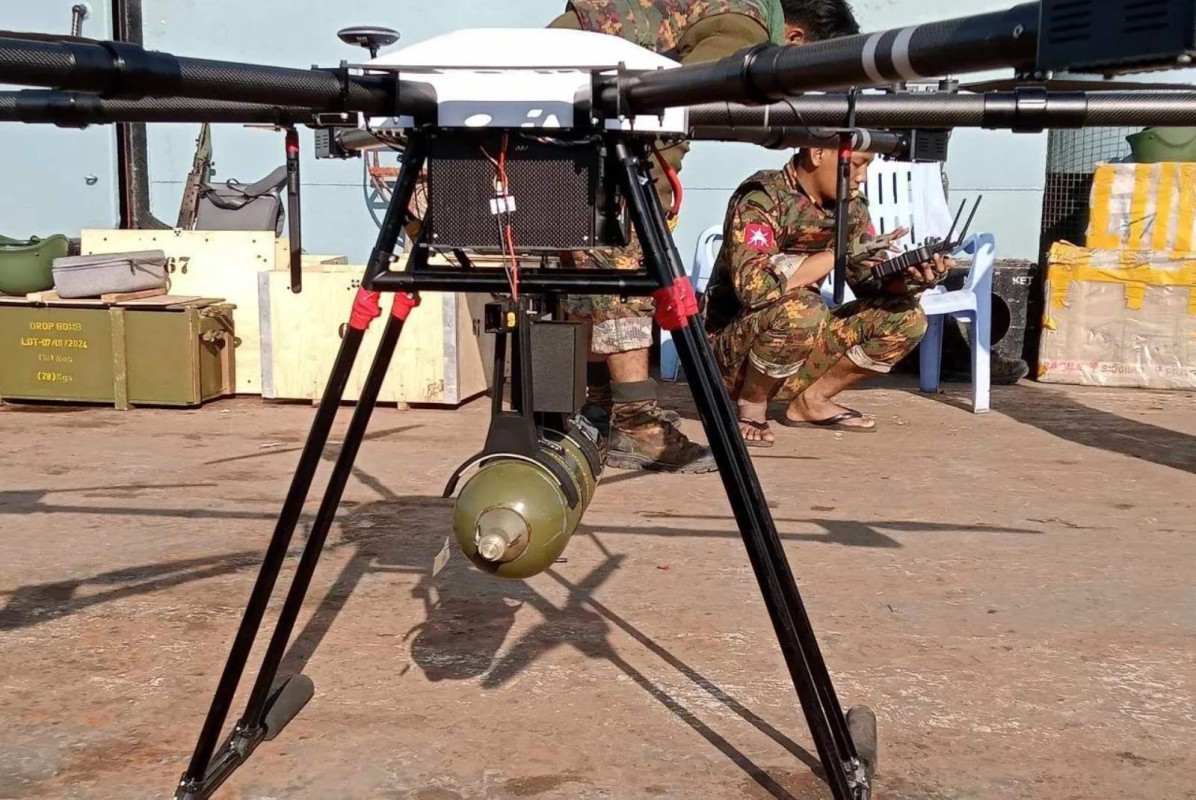- Weekly Highlights from Arakan State (Jan 26 to Feb 1, 2026)
- Arakanese youth stabbed in Mae Sot urgently needs financial aid for medical treatment
- Five years on Myanmar faces uncertain military and political outlook after coup
- Myanmar Navy detains Pauktaw fishermen and demands ransom
- Junta Airstrikes on Arakan and the Consequences for Independent Media
Grassroots in Arakan State grapple with increased cost of rice
The grassroots in Arakan State are reportedly facing livelihood hardships as rice prices have been on the rise since February.
19 Mar 2023

DMG Newsroom
19 March 2023, Sittwe
The grassroots in Arakan State are reportedly facing livelihood hardships as rice prices have been on the rise since February.
The price of a sack of Paw Hsan Mwe rice has increased by around K20,000, from K57,000 to K77,000 and a lower grade rice variety has also risen by about K20,000, from K48,000 to K68,000.
U Oo Maung, who sells sugarcane juice in the Arakan State capital Sittwe, said the rise in rice prices at a time when jobs are scarce and the economy is foundering makes it more difficult for the grassroots to get by.
“The people are having trouble with jobs and business, and the price of rice is going up. We bought half of one pyi of rice for around K1,000 in the past, but the price has now increased to K2,000. Everything, such as the prices of cooking oil and rice, is going up,” he added.
U Hsan Win Maung, a boatman from Sittwe’s Sat Yoe Kya ward, said his family used to be able to eat high-grade Paw Hsan Mwe rice, but now that rice prices have skyrocketed, they mix Paw Hsan Mwe with low-grade rice.
“Being a boatman, it is not easy for me to earn around K10,000 daily. We are struggling to make ends meet as we are daily-wage workers. We now have to mix Paw Hsan Mwe with low-grade rice,” he explained.
At a time when food is difficult due to political crises, the rise in the price of rice, a staple food, is said to make it more difficult for the grassroots.
“We have livelihood difficulties although we both work. My daughter’s school fees cost K30,000 a month, but sometimes I can’t pay in a timely manner,” said Daw Ma Aye Thaung, a mont di (Arakanese traditional rice noodle) seller in Sittwe.

Meanwhile, paddy yields dropped by 50 percent due to climate change, high agricultural input costs, and rising fertiliser prices during the 2022 rice growing season in Arakan State.
With those fundamentals unlikely to change for the better over the next year, market forecasts are not optimistic.
“It is considered that the price of rice in Arakan State will increase more this year than last year,” said U Min Myat Soe, a rice trader in Sittwe. “Rice prices are rising due to the destruction of rice fields due to storms and the increase in fertiliser prices. Regarding the price of rice, farmers and rice merchants know that the price will rise.”















.jpg)

